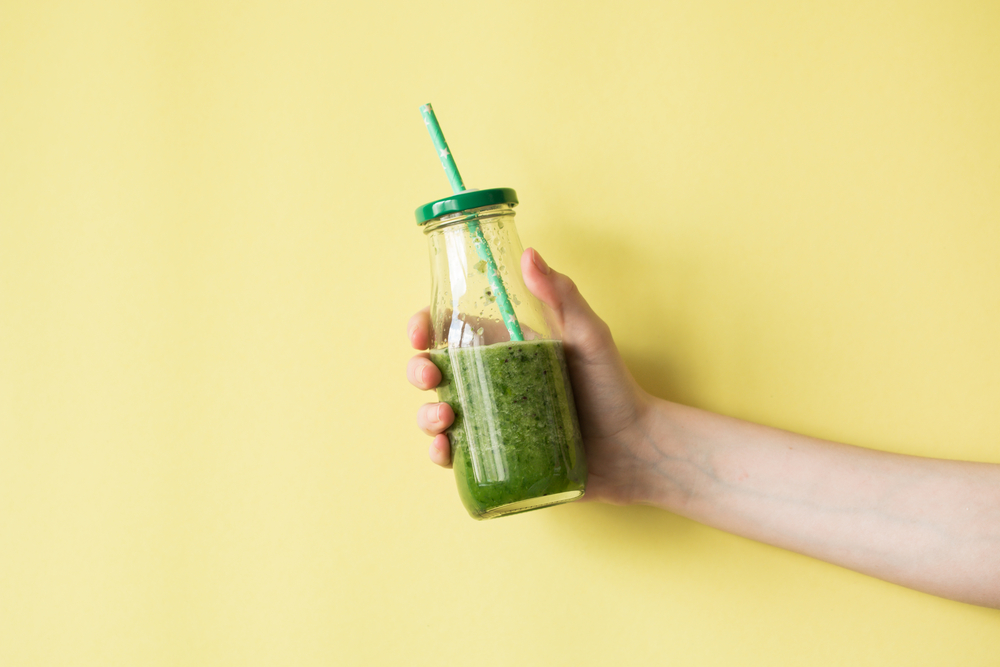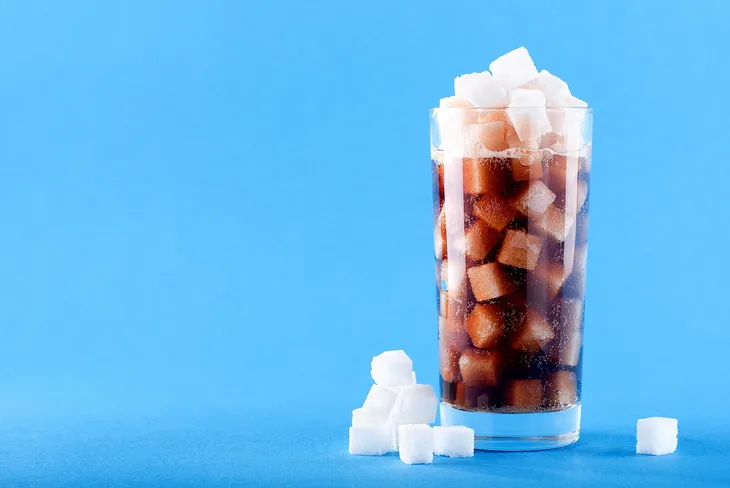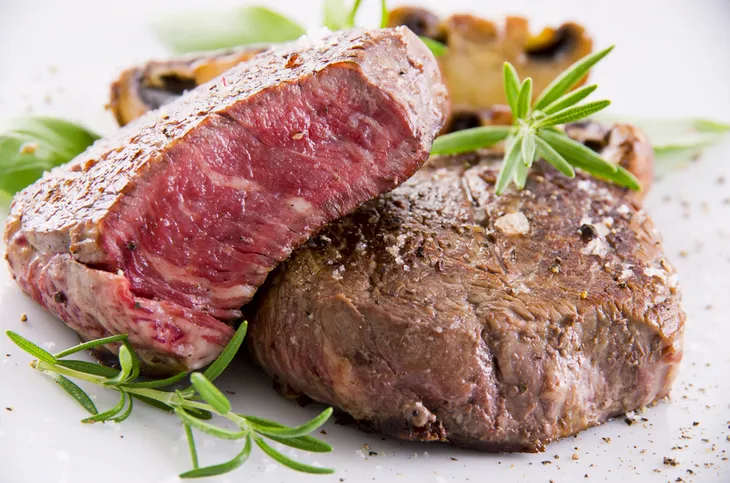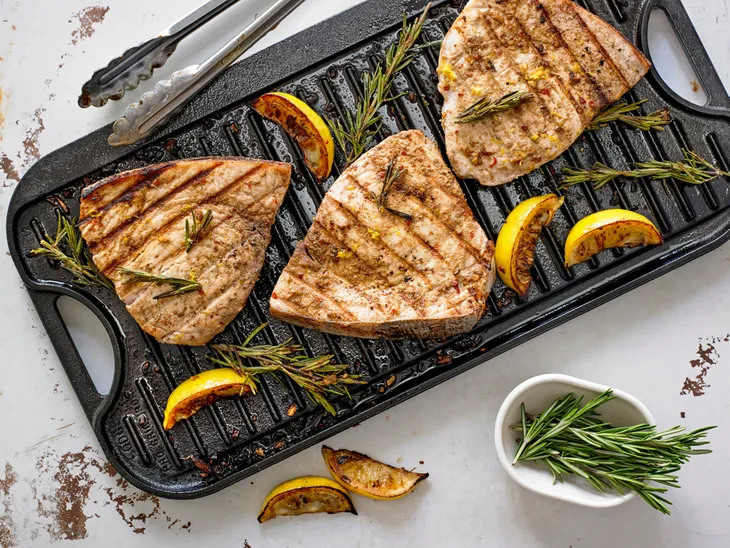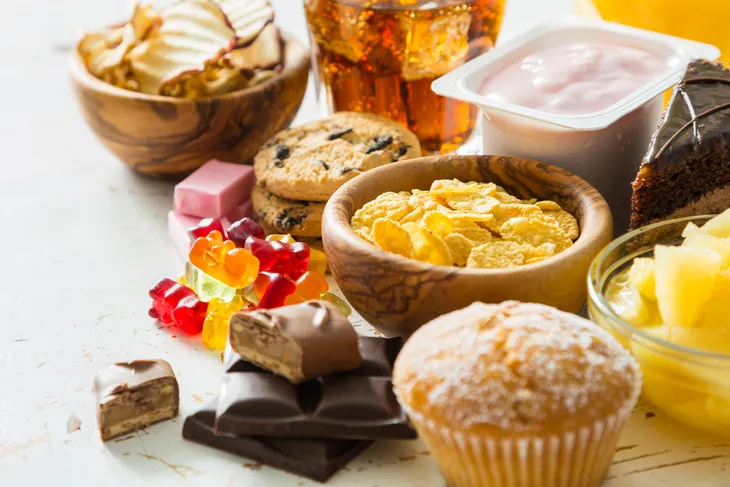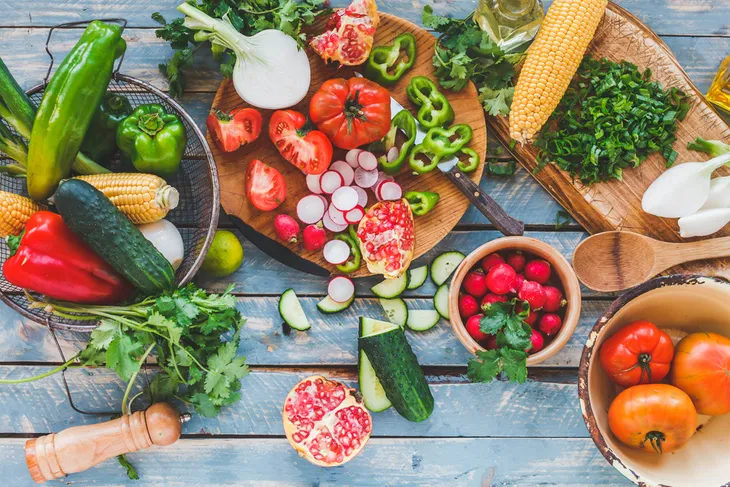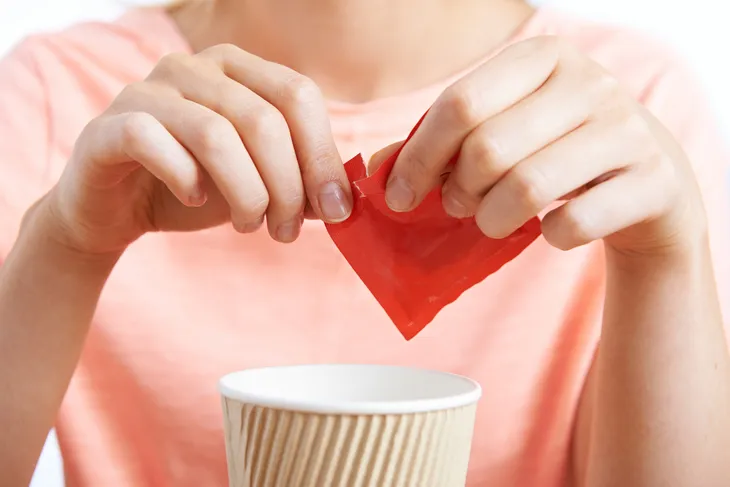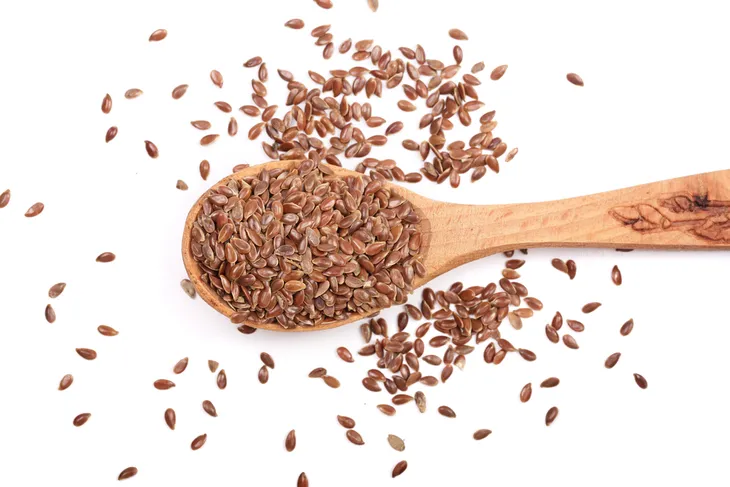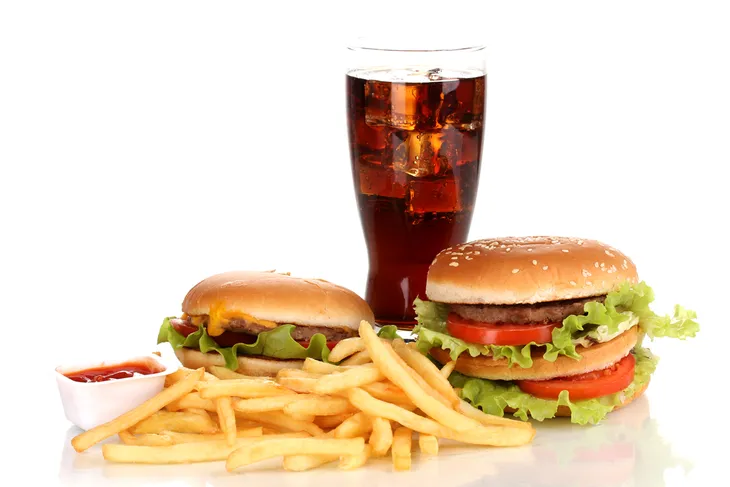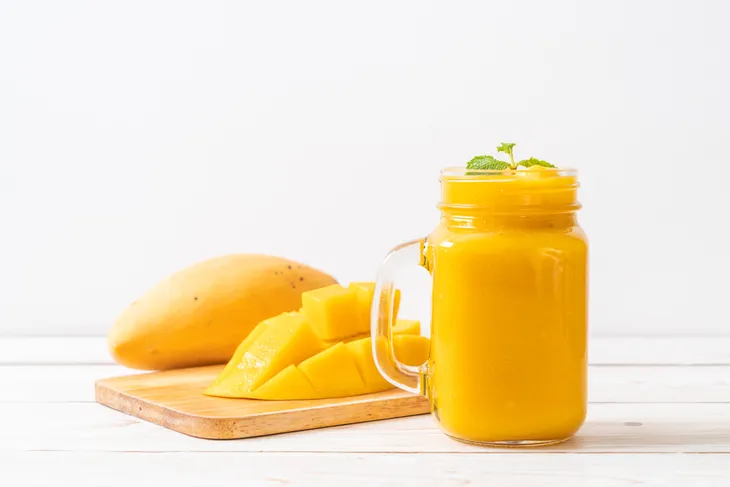Lupus is a long term autoimmune disease that has varying symptoms. It can be caused by certain medications, and occurs more commonly in women. The symptoms of it include chest pain, fever, hair loss, a “butterfly” rash, sensitivity to light, and more.
Diet is a key factor in overall physical health. What you eat can alter how your body deals with inflammation and how fast it heals itself. Steroid use and other medications are common for lupus sufferers, but you can also help yourself by changing your diet.
Here are 10 do’s and don’ts for how to eat with lupus.
DON’T: Drink Soda
Stay away from acidic drinks that are full of sugar and chemicals. Soda, or pop, is a big no. They are full of empty calories and can cause inflammation and bloating.
DO: Drink Water
Make sure to drink enough water through the day. The 8 glasses a day idea is not a rule, but you should be sipping water regularly. It can help push out toxins from the body and it can help the sluggish digestive systems many lupus sufferers experience.
DON’T: Eat Red Meat
Eating red meat can cause flare ups in lupus sufferers. It can cause inflammation and it is high in saturated fat. Red meat does have high levels of iron that your body needs, so talk to your doctor about a supplement.
DO: Eat Fish
Fish is a lean protein that is high in omega 3 fatty acids. It is a great alternative to red meats. Look for unprocessed fish products. Some pre-cooked varieties are high in MSG and salt.
DON’T: Eat Refined Carbohydrates
Refined carbohydrates include white bread, white pasta, processed rice, and most packaged snack foods. They can cause water retention that can give unpleasant lupus symptoms.
DO: Eat Whole Foods
Look for foods that you can eat whole. If you’re craving starch but are resisting the refined carbohydrates, try having potatoes or brown rice. As much as possible, try eating vegetables and fruit in their raw forms. They have more fiber and nutrients when uncooked.
DON’T: Use Artificial Sweeteners
Every brand of artificial sweetener has its drawbacks. While there have been no studies showing a relation to lupus and artificial sweeteners, there are many who believe they are connected. Stay safe and stay away from these products.
DO: Eat Anti-Inflammatory Foods
There are many naturally anti-inflammatory foods. They include flaxseeds, avocados, walnuts, berries, leafy green vegetables, carrots, squash, and lean protein. Choose fresh foods over processed ones. Julie Ching, a registered dietitian, warns that some anti-inflammatory foods, such as garlic, can actually worsen lupus symptoms. It’s best to speak with your dietitian to obtain the best food options.
DON’T: Eat Fast Food
Fast food is packed with monounsaturated fats, trans-fats, and more. They are also high in salt and sugar. Try to avoid these foods to keep your body healthy. If you find yourself eating fast food, try taking trail mix to snack on through the day.
DO: Eat Easy To Digest Foods
One of the side effects of lupus is a troublesome digestive system. Help it along by having easily digestible foods. For instance, hard to digest foods, like nuts, can be soaked prior to eating. Soups and fruit smoothies are also easy to digest and very nutritious!
